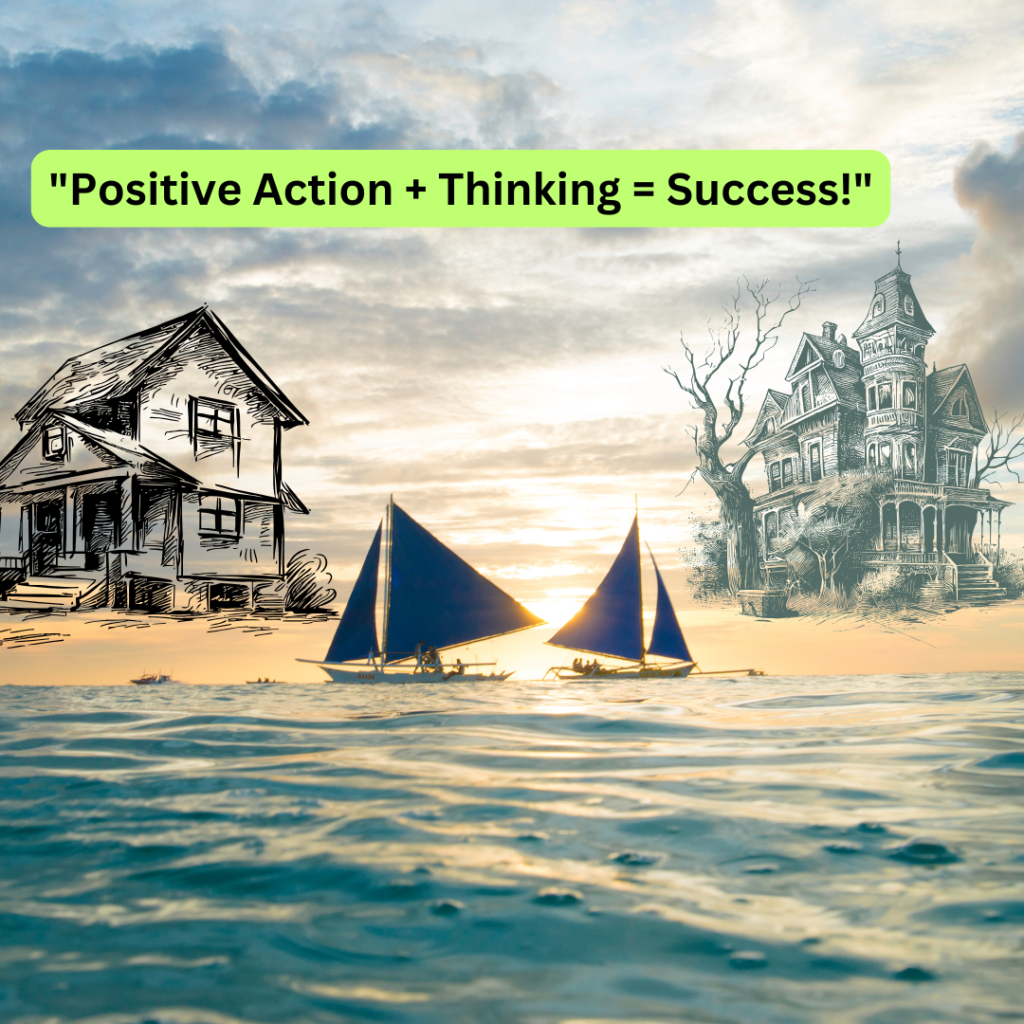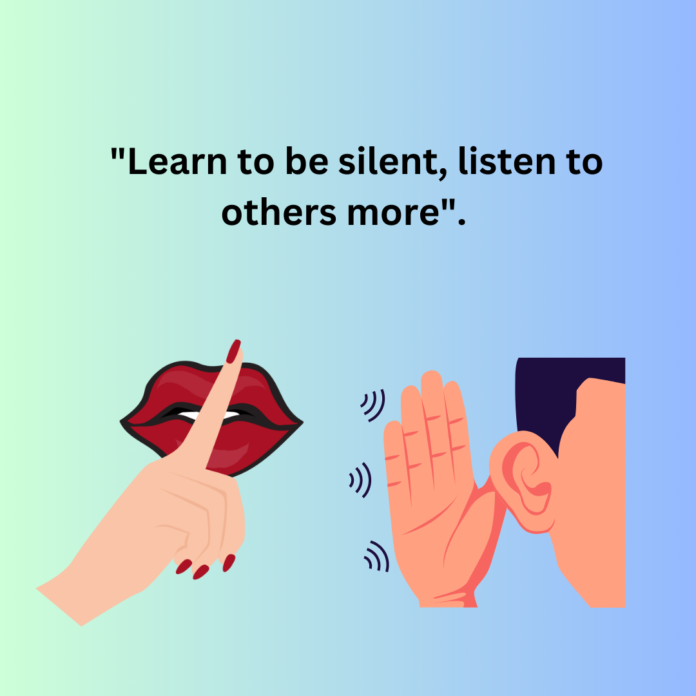आत्मबोध कैसे होगा?

“आत्मबोध प्राप्ति की सरल राह”
में खुद को महसूस करने के सरल लेकिन प्रभावी तरीके सीखें, एक मार्गदर्शिका जो आपको अपनी आत्मा की गहरी सच्चाइयों को पहचानने और ध्यान, आत्म-निरीक्षण और संतुलन के महत्व पर चर्चा करने में मदद करेगी। आत्म-बोध की प्रक्रिया को समझकर, आप मानसिक शांति और स्थायी खुशी पा सकते हैं, लेकिन यह जीवन को सरल और खुशहाल बनाने का एक शक्तिशाली साधन भी है। परिवर्तन ला सकता है.
आत्मबोध का अर्थ और महत्व
आत्म-साक्षात्कार का अर्थ है अपने वास्तविक स्वरूप को समझना और अपने अस्तित्व की गहराई को समझना।
यह मात्र शरीर और मन से परे आत्मा की अनुभूति है। आत्म-बोध का अर्थ है यह जानना कि हम केवल एक व्यक्ति या व्यक्तित्व नहीं हैं, बल्कि अनंत और शाश्वत चेतना का हिस्सा हैं। आत्मबोध प्राप्ति की सरल राह ,यह ज्ञान मनुष्य को उसके जीवन के उद्देश्य और ब्रह्मांड में उसके स्थान का एहसास करने में सक्षम बनाता है। आत्म-साक्षात्कार हमें यह समझने में मदद करता है कि जीवन में समस्याएँ और चुनौतियाँ हमारी आंतरिक शांति और खुशी को छू नहीं सकती हैं।
मानव जीवन में आत्मबोध का महत्व बहुत अधिक है। यह न केवल व्यक्तिगत विकास का मार्ग है, बल्कि समाज और विश्व की प्रगति में भी योगदान देता है। आत्म-साक्षात्कार से व्यक्ति के हृदय में सहनशीलता, दया और प्रेम पैदा होगा। यह हमें अहंकार, स्वार्थ और नकारात्मकता से मुक्त करता है। आत्म-साक्षात्कार व्यक्ति को बाहरी आराम का पीछा करने के बजाय आंतरिक संतुष्टि का अनुभव करने के लिए प्रेरित करता है। यह हमारे जीवन को अर्थ देता है और हमें स्थायी शांति और खुशी की ओर मार्गदर्शन करता है।आत्मबोध प्राप्ति की सरल राह
ध्यान और आत्मबोध
ध्यान आत्म-साक्षात्कार प्राप्त करने का एक प्रभावी साधन है।
यह मन को शांत और एकाग्र करने की एक प्राचीन विधि है, जिसके माध्यम से व्यक्ति अपने भीतर के गहरे सत्य को महसूस कर सकता है। ध्यान का उद्देश्य अपने वास्तविक स्वरूप, अपनी आत्मा से जुड़ने के लिए बाहरी विकर्षणों और मानसिक विकर्षणों को समाप्त करना है। जब हम ध्यान करते हैं, तो हमारी चेतना बाहरी दुनिया की हलचल से दूर, आंतरिक शांति और शांति में डूब जाती है। यह आत्म-साक्षात्कार की ओर पहला कदम है।आत्मबोध प्राप्ति की सरल राह
ध्यान में व्यक्ति अपने विचारों, भावनाओं और अहंकार से परे जाकर आत्मा की गहराई तक पहुँच सकता है। यह प्रक्रिया हमें यह समझने में मदद करती है कि हमारी असली पहचान भौतिक और आध्यात्मिक मन तक ही सीमित नहीं है, बल्कि हम शाश्वत चेतना का हिस्सा हैं। नियमित ध्यान अभ्यास से न केवल मानसिक विकार कम होते हैं बल्कि व्यक्ति में सहनशीलता, प्रेम और संतुष्टि की भावना भी विकसित होती है।
आत्मबोध प्राप्ति की सरल राह ,यह हमारे भीतर छिपी अज्ञानता को दूर कर ज्ञान का प्रकाश उजागर करता है। ध्यान की सहायता से व्यक्ति आत्म-साक्षात्कार की यात्रा को सार्थक और आनंददायक बना सकता है।
स्व-अवलोकन का महत्व
आत्म-अवलोकन का अर्थ है अपने विचारों, भावनाओं और व्यवहारों का निष्पक्ष रूप से अवलोकन और मूल्यांकन करना।
आत्मबोध प्राप्ति की सरल राह ,यह आत्म-साक्षात्कार की दिशा में एक महत्वपूर्ण कदम है। आत्म-अवलोकन के माध्यम से व्यक्ति अपनी अंतर्निहित शक्तियों और कमजोरियों को समझ सकता है। यह प्रक्रिया आत्म-परिवर्तन का मार्ग प्रशस्त करती है, क्योंकि जब हम अपने व्यवहार और आदतों का विश्लेषण करते हैं, तो हमें अपनी कमियों में सुधार करने और अपने गुणों को विकसित करने का अवसर मिलता है।
आत्मबोध प्राप्ति की सरल राह,आत्म-अवलोकन हमें आत्म-जागरूक बनाता है और हमें जीवन में सही और गलत के बीच अंतर करने में सक्षम बनाता है। यह अहंकार, क्रोध और नकारात्मकता जैसी भावनाओं को खत्म करने में मदद करता है। इसके अतिरिक्त, यह हमें अपने आंतरिक मूल्यों और उद्देश्य के बारे में स्पष्टता प्राप्त करने में मदद करता है। आत्म-अवलोकन से व्यक्ति का आत्मविश्वास और आत्म-सम्मान बढ़ता है क्योंकि इससे उसे अपने भीतर की संभावनाओं को पहचानने का अवसर मिलता है।
आत्मनिरीक्षण व्यक्ति को आधुनिक जीवन की भागदौड़ में स्थिरता प्रदान करता है। यह उसे बाहरी विकर्षणों से बचाता है और उसे आंतरिक शांति और संतुष्टि का अनुभव करने में मदद करता है। आत्मबोध प्राप्ति की सरल राह ,यह आत्म-विकास और आत्मज्ञान की कुंजी है।
ज्ञान और सत्संग
ज्ञान और सत्संग आत्म-साक्षात्कार की दिशा में महत्वपूर्ण मार्ग हैं।
ज्ञान का अर्थ है सत्य को समझना और आत्मा के गहनतम रहस्यों को भेदना। यह हमारी सोच को स्पष्ट करता है और जीवन के प्रति हमारे दृष्टिकोण को गहरा और अधिक उद्देश्यपूर्ण बनाता है। उपनिषद, भगवद गीता और अन्य वेदांत ग्रंथ जैसे आध्यात्मिक ग्रंथ हमें आत्म-साक्षात्कार के मार्ग पर मार्गदर्शन करते हैं। इन ग्रंथों में दिए गए सिद्धांत न केवल हमारी सोच को व्यापक बनाते हैं बल्कि हमें अपने वास्तविक स्वरूप का एहसास कराने में भी मदद करते हैं।
सत्संग का अर्थ है सच्चे सद्गुणी लोगों के साथ रहना और उनकी संगति में रहकर ज्ञान प्राप्त करना। संत-महात्माओं का सत्संग हमारे भीतर सद्बुद्धि और आत्मज्ञान को जागृत करता है। उनकी शिक्षाएँ और अनुभव हमें जीवन की सच्चाई और आत्मा के महत्व को समझने में मदद करते हैं। सत्संग हमारे हृदय से नकारात्मकता को दूर करता है,आत्मबोध प्राप्ति की सरल राह,
ज्ञान और सत्संग मिलकर आत्म-साक्षात्कार की यात्रा को आसान बनाते हैं। ये हमें अपनी आत्मा की गहराई में उतरने के लिए प्रेरित करते हैं। सत्संग और ज्ञान का मेल हमारे जीवन में शांति, संतुष्टि और उद्देश्य प्रदान करता है।
जीवन की सरलता और संतुलन
आत्म-साक्षात्कार प्राप्त करने के लिए जीवन में सादगी और संतुलन अत्यंत महत्वपूर्ण है।
आत्मबोध प्राप्ति की सरल राह,सरलता का अर्थ है जीवन को अनावश्यक झंझटों से मुक्त रखना। जब हमारा जीवन अनावश्यक इच्छाओं, भौतिक संपत्ति और प्रतिस्पर्धा से भर जाता है, तो हमारा ध्यान बाहरी दुनिया पर केंद्रित हो जाता है। यह आंतरिक शांति और आत्म-प्राप्ति के मार्ग में बाधाएँ पैदा करता है। सादा जीवन जीने से मन में भटकाव कम हो सकता है और लोगों को धीरे-धीरे अपने भीतर सच्चाई का एहसास होगा।
आत्म-बोध के लिए संतुलन भी उतना ही महत्वपूर्ण है। यह जीवन के विभिन्न पहलुओं (कार्य, परिवार, स्वास्थ्य और आत्म-चिंतन) में सामंजस्य बनाए रखने का आधार है। अत्यधिक काम में लिप्त होना या आनंद की खोज आत्म-बोध की प्रक्रिया में बाधा बन सकती है। संतुलित जीवन के माध्यम से व्यक्ति अपनी ऊर्जा को आत्म-निरीक्षण और आत्मज्ञान पर केंद्रित कर सकता है।
सरल और संतुलित जीवन जीकर व्यक्ति भौतिकवाद से परे जाकर आंतरिक शांति का अनुभव कर सकता है। इससे उसे आत्म-बोध में गहराई से उतरने में मदद मिलती है। ऐसा जीवन न केवल आध्यात्मिक उन्नति का मार्ग है, बल्कि जीवन को आनंदमय भी बनाता है।
आत्मबोध की सतत यात्रा
आत्म-साक्षात्कार एक निरंतर चलने वाली यात्रा है जो जीवन भर चलती है।
आत्मबोध प्राप्ति की सरल राह,यह एक बार का अनुभव या अंतिम लक्ष्य नहीं है, बल्कि एक सतत प्रक्रिया है जिसमें व्यक्ति अपने आंतरिक सत्य को समझने और अपनी आत्मा से जुड़ने का प्रयास करता है। आत्म-बोध की यात्रा में, हर अनुभव, चाहे सुखद हो या दर्दनाक, एक शिक्षा है। यह व्यक्तियों को अपने विचारों, व्यवहारों और प्रेरणाओं का गहराई से मूल्यांकन करने का अवसर प्रदान करता है।
इस प्रक्रिया में स्थिरता एवं निरंतरता आवश्यक है। बाहरी विकर्षण और आंतरिक संघर्ष इस राह को कठिन बना सकते हैं, लेकिन धैर्य और आत्म-निरीक्षण से इन बाधाओं को दूर किया जा सकता है। जीवन में सच्ची खुशी और शांति प्राप्त करने के लिए आत्म-साक्षात्कार की प्रक्रिया हमें अहंकार, भय और नकारात्मकता से मुक्त करती है।
आत्म-बोध की यात्रा के लिए व्यक्ति को अपने भीतर झाँकने, ध्यान करने और ज्ञान प्राप्त करने की आवश्यकता होती है। यह यात्रा हमें सिखाती है कि हम केवल एक भौतिक शरीर नहीं हैं, बल्कि एक शाश्वत चेतना का हिस्सा हैं। आत्म-बोध की यह निरंतर यात्रा व्यक्ति के जीवन को आनंद से भर देती है।आत्मबोध प्राप्ति की सरल राह.




















